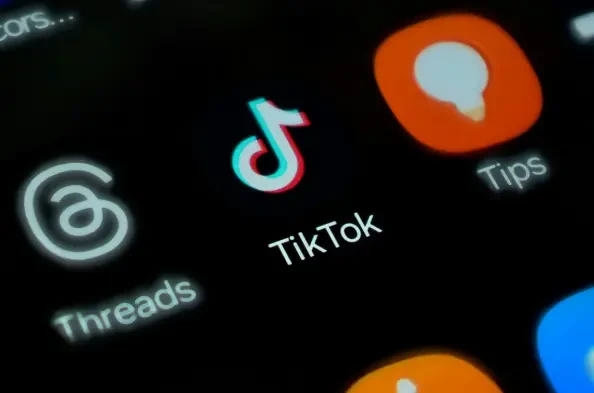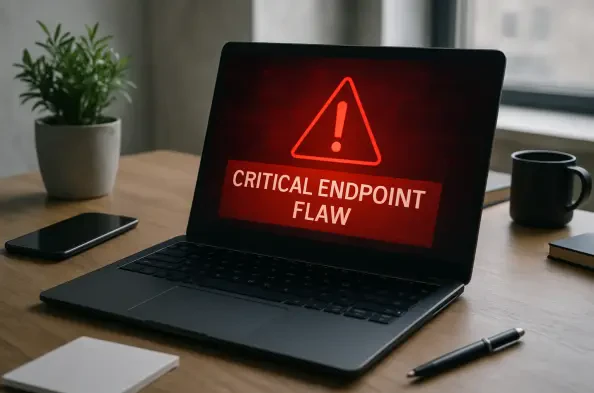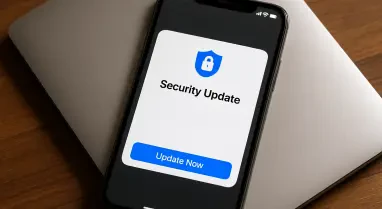The digital landscape has experienced dramatic shifts, with TikTok at the center of a politically charged standoff between the United States and China. The recent decision by U.S. President Donald Trump to extend the timeline for the sale of TikTok’s U.S. assets reveals the platform’s significant role in international relations, economic power plays, and national security debates. Initially set for an earlier conclusion, Trump postponed the deadline to September 17, reflecting the complexity of diplomatic negotiations and further extending a process that has been prolonged multiple times. Though rooted partly in economic competition, the controversy surrounding TikTok transcends commerce, touching upon broader issues of data privacy and technological sovereignty. As tensions persist, the outcome of TikTok’s negotiations may set precedents for how social media platforms operate under the oversight of powerful nation-states.
Diplomatic Dance: The Political Landscape
Amidst a tense backdrop of global diplomacy, the latest move involving TikTok raises questions about how governments might influence technology companies in the years to come. The dealings with ByteDance, TikTok’s parent company, demonstrate how technology serves as a chess piece in diplomatic efforts and economic strategies. The debates have erupted against a background of negotiations and tariff disputes between the U.S. and China, marking TikTok’s operations as a significant focal point in modern diplomatic relationships. The ongoing discussions illustrate how digital platforms can contribute to diplomatic interaction, offering not only substantial economic benefits but also a conduit for exerting political influence over the youth demographics that engage with these platforms extensively.
This intricate dance involves many parties vying for influence and security, with the Trump administration’s maneuvers underscoring this narrative. While TikTok’s contribution to Trump’s appeal among younger voters during the 2024 election became evident, the process of selling its U.S. assets remains fraught with legislative hurdles and international strategizing. President Trump appears committed to maintaining TikTok’s active status, reflecting its potential impact on crucial voter demographics and emphasizing its role beyond economic considerations to influence political discourse and election dynamics.
Legal and Legislative Challenges
A key component in TikTok’s situation involves navigating legal frameworks while adhering to national laws regarding foreign tech companies. President Trump’s administration, tasked with creating a favorable outcome, strives to ensure data protection without compromising legal standards. The law initially required TikTok’s shutdown or divestment, enforcing stringent measures on foreign companies if progress was not evident. However, Trump’s repeated deferments reflect an understanding of both legal and strategic complexities inherent in the situation, aiming to sustain the app’s large U.S. user base and the benefits of global technological exchange while abiding by legal constraints.
TikTok’s collaboration with Vice President JD Vance’s office reflects ongoing efforts to align interests between governmental factions and corporate entities. The situation exemplifies the broader narrative of negotiating operational rights and data protection in an interconnected world, showing the complexities of bridging technological advancement with regulatory compliance. Yet, internal disputes manifest, as Democratic lawmakers question the legalities of further delays, stipulating that the ongoing negotiations appear insufficient to meet statutory requirements. These disagreements underline the challenges in balancing swift technological progress with the slower-moving gears of legislative approval, pointing toward the heightened complexities involved in sustaining a platform like TikTok within American borders.
Future Considerations and Strategic Outcomes
In the complex arena of global diplomacy, recent developments concerning TikTok highlight how governments might impact tech companies in the coming years. ByteDance, TikTok’s parent company, embodies how technology can be strategically leveraged in diplomatic and economic contexts. This conversation unfolds amid ongoing negotiations and tariff disputes between the U.S. and China, positioning TikTok as a central player in today’s diplomatic landscape. These interactions show how digital platforms can facilitate diplomatic relations, offering significant economic gains and political influence over youth who engage widely with these platforms.
This multifaceted scenario includes numerous parties aiming to establish influence and security, highlighting the Trump administration’s maneuvers. Though TikTok played a role in enhancing Trump’s appeal to younger voters for the 2024 election, selling its U.S. assets remains tangled in legal obstacles and international planning. President Trump remains committed to keeping TikTok active, emphasizing its influence on voter demographics, extending beyond mere economics to shape political dialogue and election outcomes.






